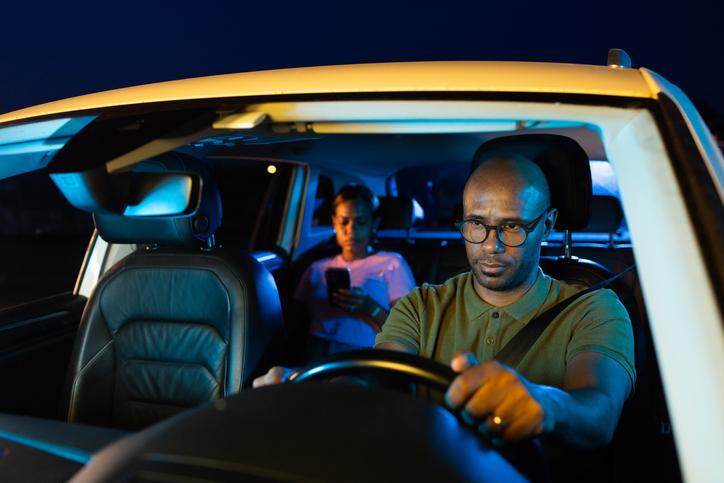
- posted: Mar. 22, 2024
- Personal Injury
With more and more rideshare vehicles on the road, more accidents and resulting injuries are inevitable. If you have been hurt in an accident involving an Uber, Lyft or other rideshare vehicle, you need to know your options for recovering compensation for your medical costs and other losses.
Rideshare or ride-hailing services — known officially as transportation network companies (TNCs) — provide on-demand transportation through app-based platforms. TNCs do not maintain their own fleets of vehicles but rather contract with independent drivers who use their own vehicles.
Tennessee regulations impose insurance requirements on TNC drivers. During periods when they are logged into the app but have not yet taken on a passenger, they must have personal automobile liability coverage of at least $50,000 per person, $100,000 per accident and $25,000 for property damage. When they are carrying a passenger, the total coverage must be at least $1 million.
However, Tennessee permits a personal auto insurance provider to exclude coverage during times that the insured is acting as a TNC driver. The exclusion alleviates the insurer having to defend or pay out on a claim. The exclusion can be overcome by the driver paying for a rideshare endorsement, but not all drivers opt for this enhanced coverage.
If an accident occurs and the driver does not have sufficient coverage, the TNC company is required to provide coverage and has a duty to defend the claim. Uber, Lyft and certain other rideshare companies voluntarily carry liability insurance for their drivers up to the limits described above.
An added complication is that fault for an accident might be shared between the TNC driver and the other vehicle’s driver. Under Tennessee’s modified comparative negligence rule, a party can be held liable for damages to the extent that their fault contributed to the accident. Conversely, a party who suffers damages will have their award reduced by their own percentage of fault.
For example, if you’re a passenger in an Uber car that collides with another vehicle, and the Uber driver is 60 percent at fault, you could recover that percentage of damages from your driver’s insurance or from Uber’s insurance if the driver’s insurance excludes coverage. The other 40 percent would come from the other driver’s liability insurance. But if that driver’s policy is insufficient to cover that full portion of damages, you may have to seek the remainder from the Uber driver’s personal uninsured and underinsured coverage. However, many drivers do not carry UM/UIM.
Navigating the complexities of insurance claims after a rideshare accident can be difficult. An experienced automobile injury attorney can assess your case, determine the available sources of coverage and guide you through the claims process, negotiating the fairest settlement possible.
At Massengill, Caldwell & Coughlin, PC in Bristol, our knowledgeable attorneys are available to discuss your Tennessee rideshare accident. Call our office today at 423-797-6022 or contact us online to arrange a free consultation.


